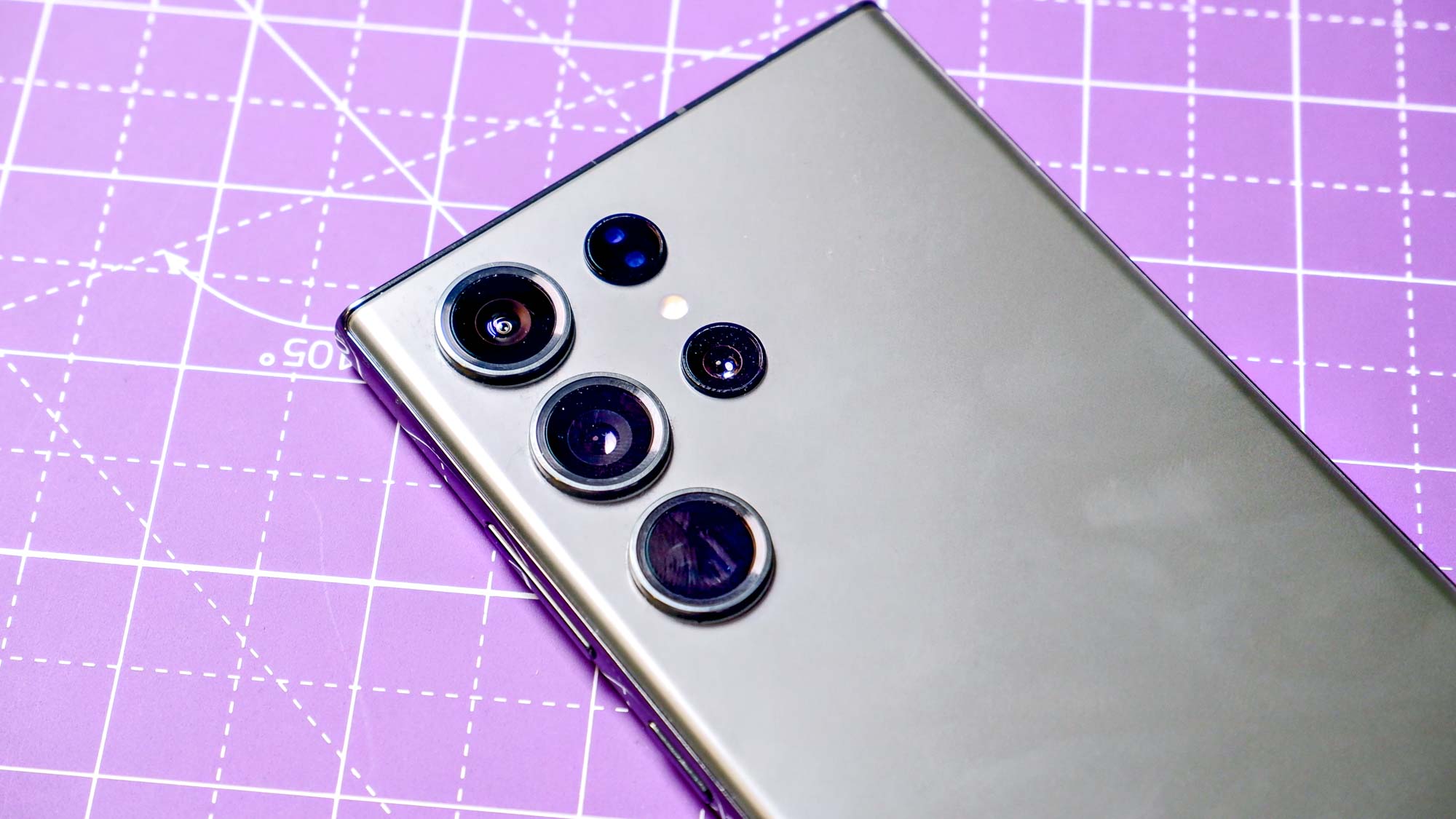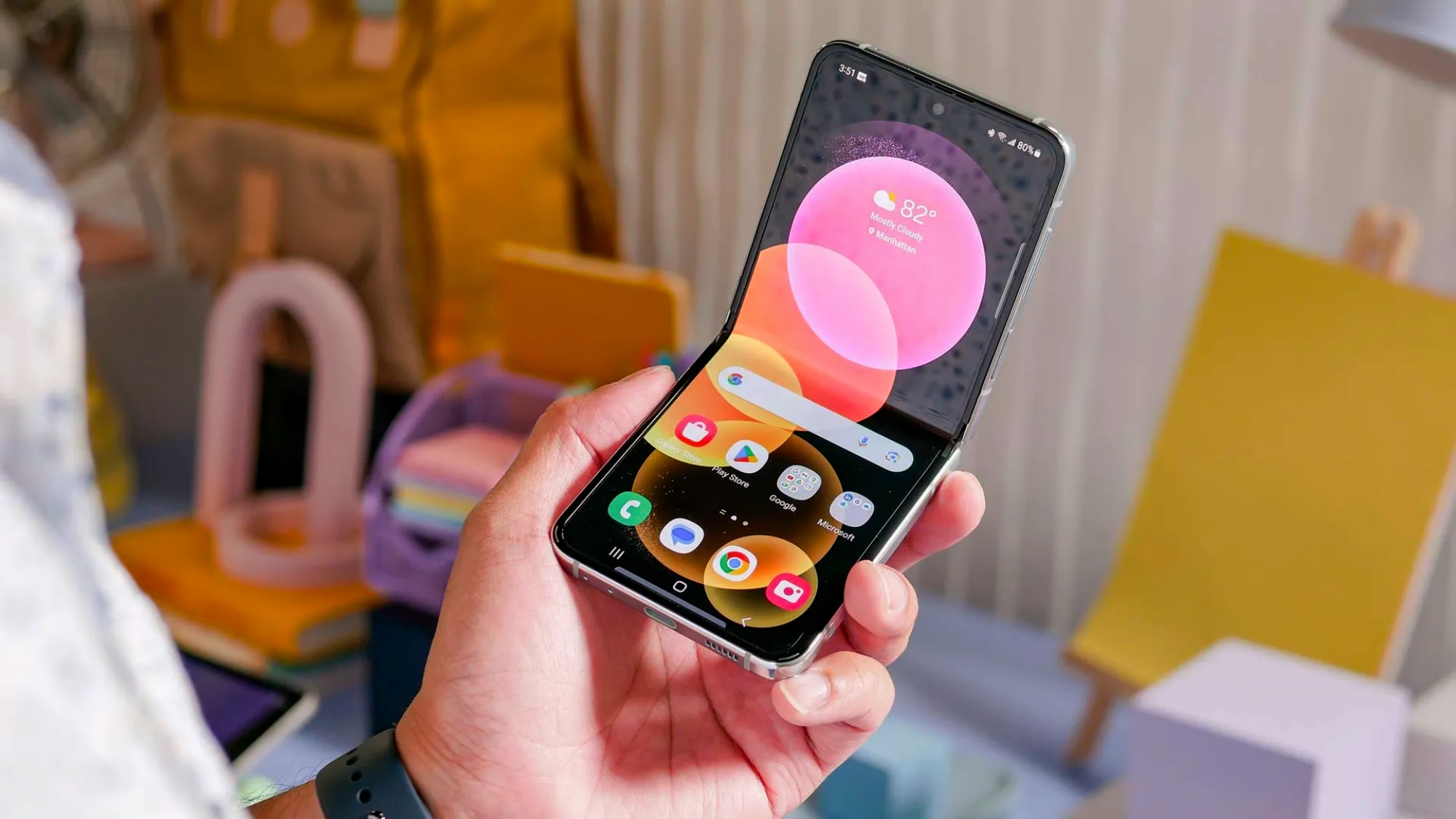Google Pixel 8 may force Samsung to offer more software updates — here’s why
Samsung plots security updates beyond five years

With Google revealing the Pixel 8 will come with a promised seven years’ worth of Android and security updates, Samsung is apparently considering upping its own offering.
At the Samsung Developers Conference, SamMobile interviewed Shin-Chul Baik — Principal Engineer and Technical Program Manager of the security team at Samsung’s Mobile eXperience division. According to the site, he revealed that the company has been “actively discussing” extending the five years of security updates that the company already offers.
Given the number of different smartphones Samsung manufactures each year, this could be a huge undertaking. It currently updates over a billion devices every month, the site says, with more than 150 devices receiving updates on a monthly, quarterly or bi-annual basis.
Going beyond five years could mean six, seven or a Google-beating eight, of course. The only company that currently offers that kind of commitment is the sustainability-focused Fairphone.
Readers of Tom’s Guide who upgrade their phones every one-to-two years may be unaffected, but the steps towards longer product support could be huge for the industry as a whole.
Not only does it make smartphones a touch more sustainable if they can be safely used for longer, but it could also be helpful to the pre-owned market. One thing that makes buying a five-year-old phone on Ebay today a bad idea is that it’s a security risk — with promised security updates, that’s no longer such a big concern.

There are three caveats worth noting from SamMobile’s report however. The first is that currently, this is just an ambition. “Actively considering” isn’t the same as action, so we’ll have to see if it follows through on the suggestion.
Get instant access to breaking news, the hottest reviews, great deals and helpful tips.
Even if it does, the second caveat is how it’s implemented. After all, the current five years of security updates only applies to “select Galaxy devices”, and the plan could just be for flagship phones with their more powerful hardware. Frankly it’s the low-end ones that could benefit from longer shelf lives the most: anyone with money to buy a Samsung Galaxy S23 Ultra today will likely be able to afford to upgrade tomorrow.
Finally, as SamMobile notes at the end of its report, this only applies to security updates, with no mention of expanding the Android OS or One UI update window beyond its current four years.
Even with these caveats, it’s great news. If a company with the number of phones that Samsung pumps out each year can look into the problem, then it should apply pressure to other firms to follow suit. That can only be a good thing.
More from Tom's Guide
- iPhone 16 Ultra: All the rumors so far
- I just canceled my Google Pixel 8 Pro pre-order — here's why
- Samsung Galaxy S24’s performance could vary by region — unless you go Ultra
Freelance contributor Alan has been writing about tech for over a decade, covering phones, drones and everything in between. Previously Deputy Editor of tech site Alphr, his words are found all over the web and in the occasional magazine too. When not weighing up the pros and cons of the latest smartwatch, you'll probably find him tackling his ever-growing games backlog. He also handles all the Wordle coverage on Tom's Guide and has been playing the addictive NYT game for the last several years in an effort to keep his streak forever intact.

